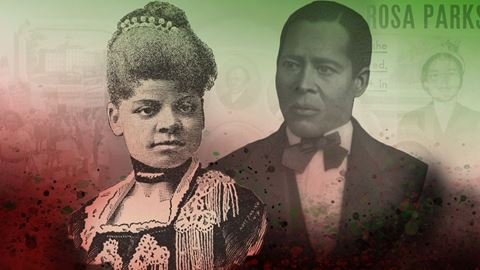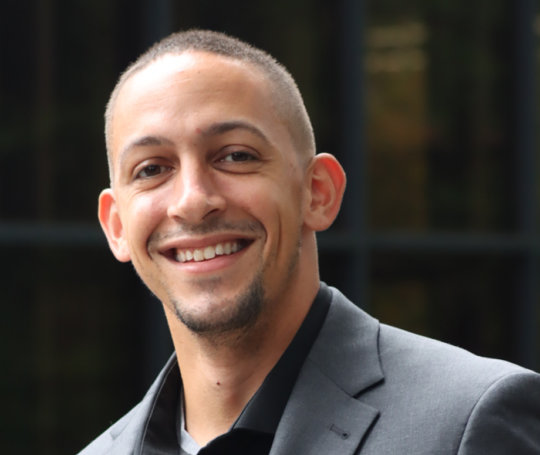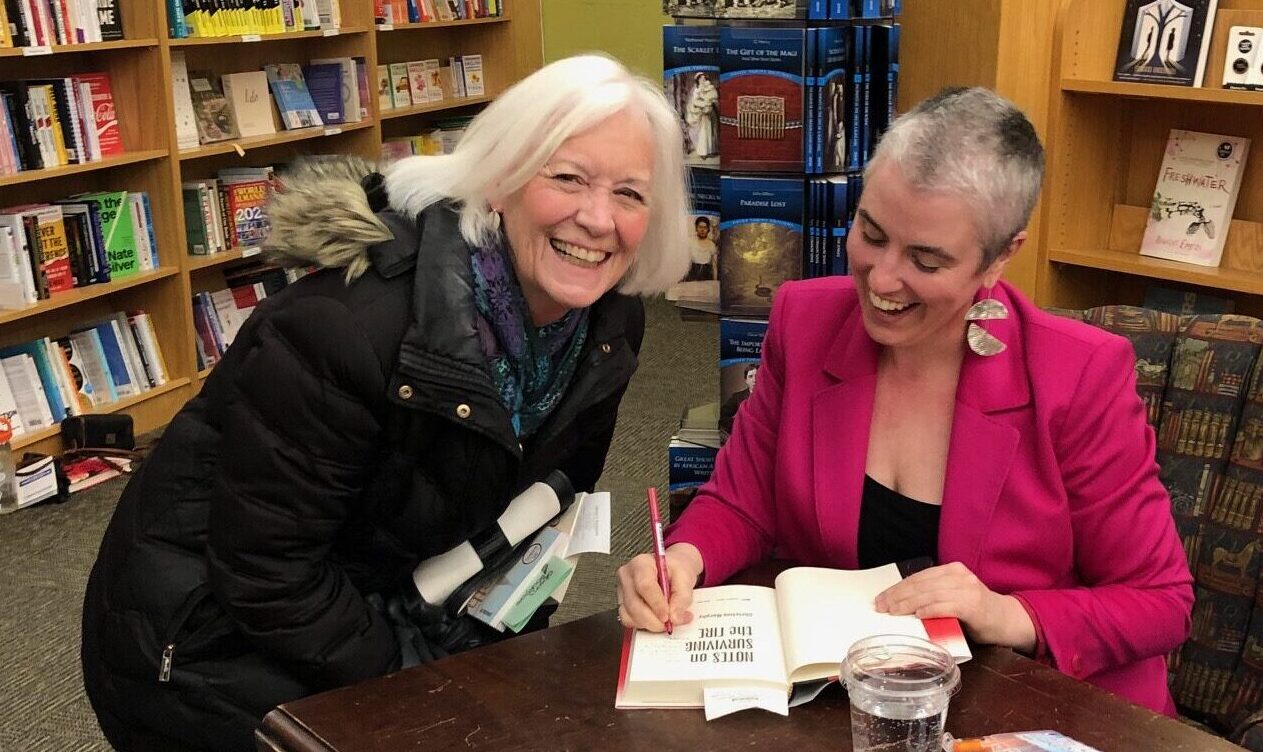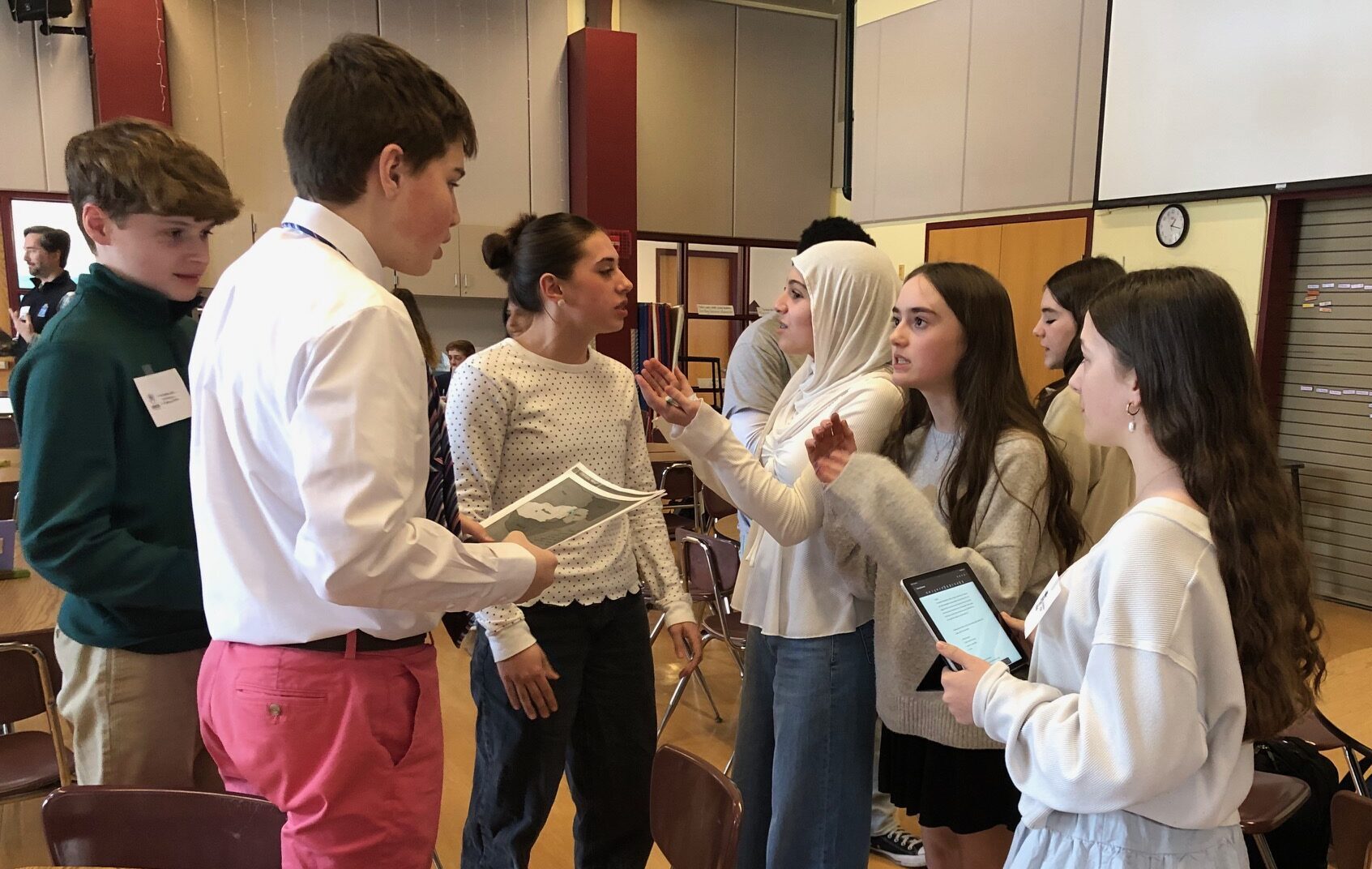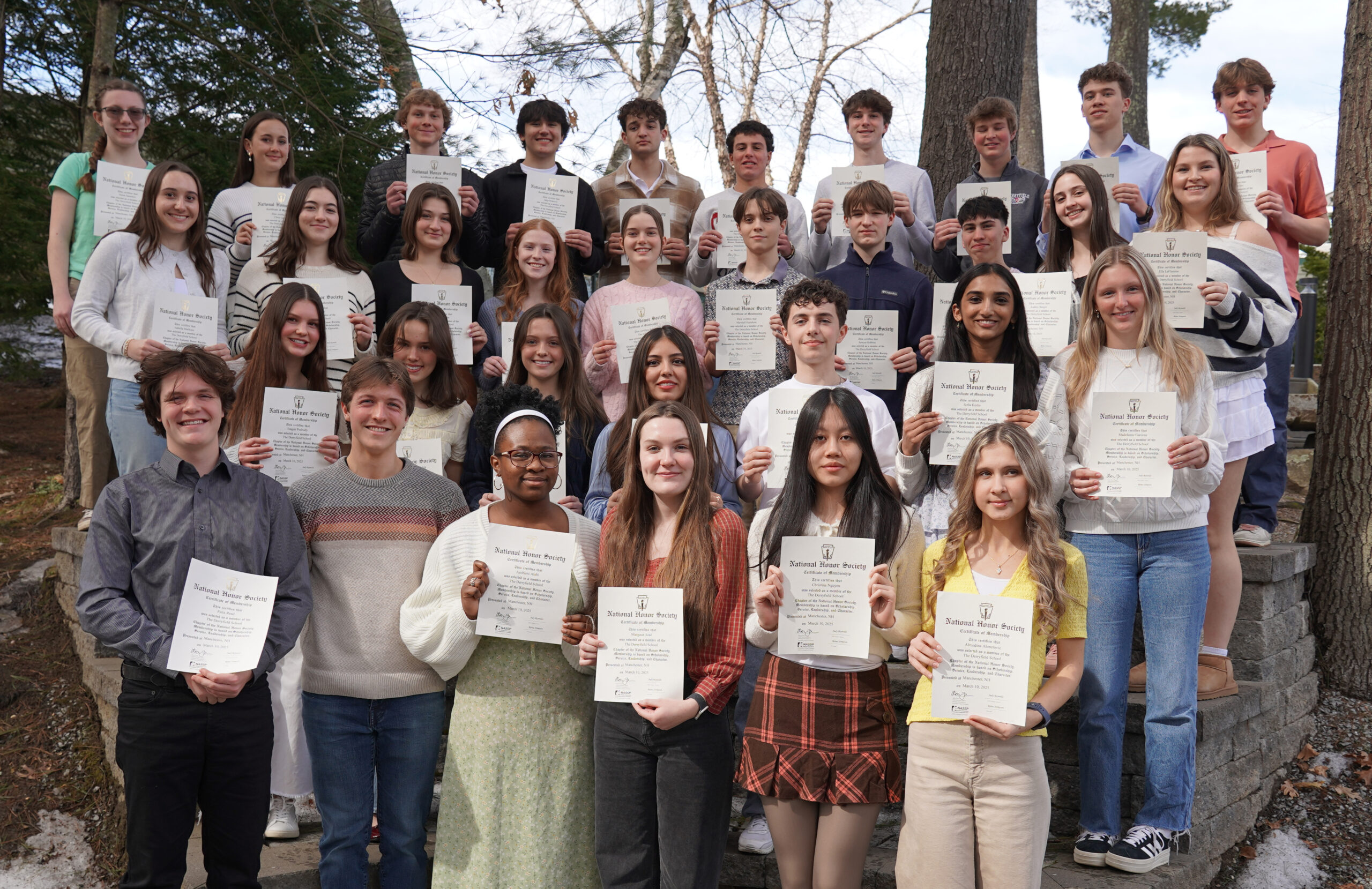Elaine Loft, Staff Writer
In Community Meeting on February 24, Derryfield upper school history teacher Taylor Fitzgerald gave an overview and his perspective on Black History Month.
“For those of you who don’t know me, I am a history teacher in the Upper School. I am also a person of color. Combining that identity—Black + History—I’m here to talk about a special part of American history—Black History.
The month of February has been historically recognized to commemorate Black history…it finds its roots in 1926 as a week-long celebration of Black history in schools. Carter G. Woodson, historian and founder of what would become Black History Month, established it to encourage Black students to learn about their heritage.
February was chosen to encompass the birthdays of two great Americans who played a prominent role in shaping black history: Abraham Lincoln and Frederick Douglass, who were born on the 12th and 14th, respectively.
More importantly, Woodson chose them for traditional reasons. Since Lincoln’s assassination in 1865, the Black community has celebrated the fallen President’s birthday. Since the late 1890s, Black communities across the country have also celebrated Douglass’ birthday in his memory.
Well aware of the pre-existing celebrations, Woodson built Negro History Week around traditional days of commemorating the Black past. In doing so, he asked the public to extend their study of black history as a larger narrative within American history.
I’d like you to take a moment and join me in thinking of some famous (non-entertainer and non-athlete) Black Americans. Here is a short list of ten and their marks in history
- George Washington Carver, the scientist and farmer who brought fame to the peanut
- Bessie Coleman, the first licensed Black pilot in the world
- Thurgood Marshall, the first African American Supreme Court Justice to rule on landmark cases such as Brown v Board of Education
- Booker T Washington, an educator, born a slave who was invited to the White House by President Teddy Roosevelt, and given an honorary degree from Harvard, and who founded Tuskegee University
- Dorothy Johnson Vaughan, the human computer who helped put a man on the moon
- Gordon Parks, the first African American photographer on the staff of Life magazine who was crucial in documenting America’s social landscape
- Benjamin Banneker, who is famous for building the first wooden clock in the United States and for helping design Washington, D.C
- Steven Henson, who invented ranch dressing
- Garrett Morgan, the inventor of the traffic light
- Lonnie Johnson, who invented one of my favorite childhood toys, the super-soaker
Having grown up in New England, I never knew that Dr. King got his PhD at Boston University. I never knew that it was because of Malcolm Little’s experience in a Boston prison that he would find solace and sanctuary in Islam, changing his name to Malcolm X. It wasn’t talked about that the Red Sox were the last Major League baseball team to racially integrate. It was swept under the rug that busing reached its zenith of violence in Dorchester, South Boston, 45 years ago.
I present this all before you to offer two messages: First, echoing the late great Dr.King–not only have dreams, but dream bigger! No matter the color or creed you ascribe to, understand the larger impact of living your life to the fullest regardless of others’ prejudice or perceptions of you.
The second is to impart wisdom on our country’s history and culture, because Black history is also American history.
To view the remainder of Taylor Fitzgerald’s speech, go to THIS LINK.
